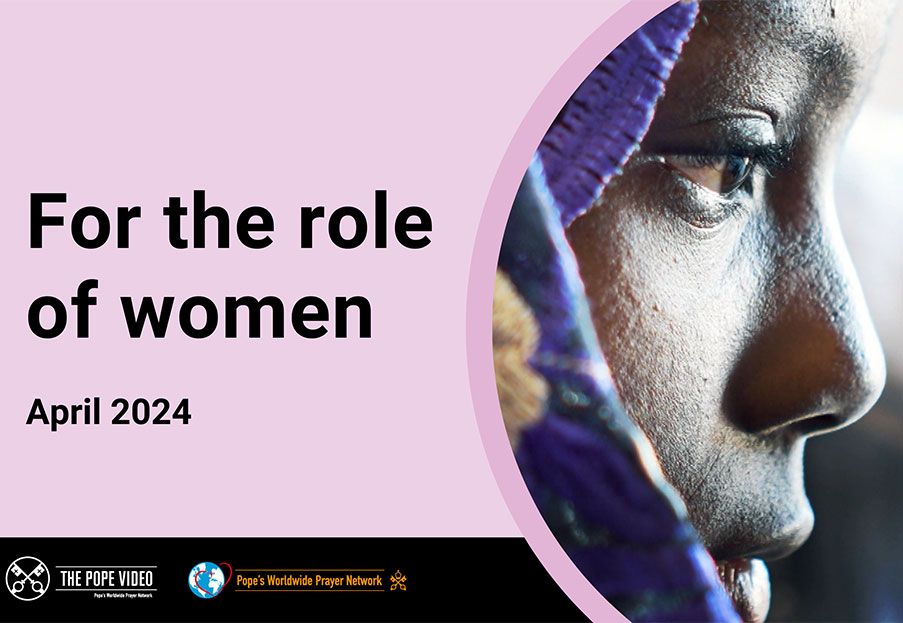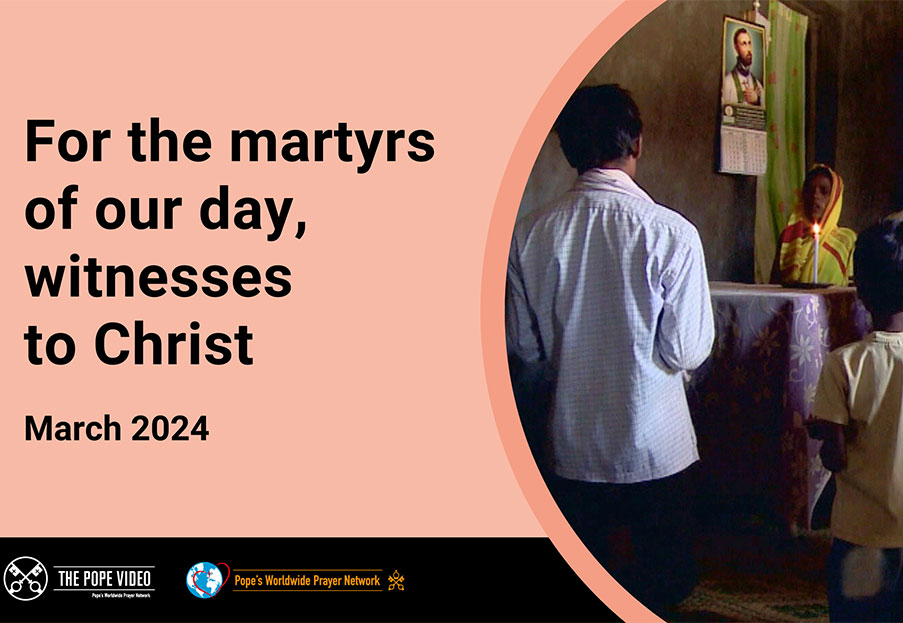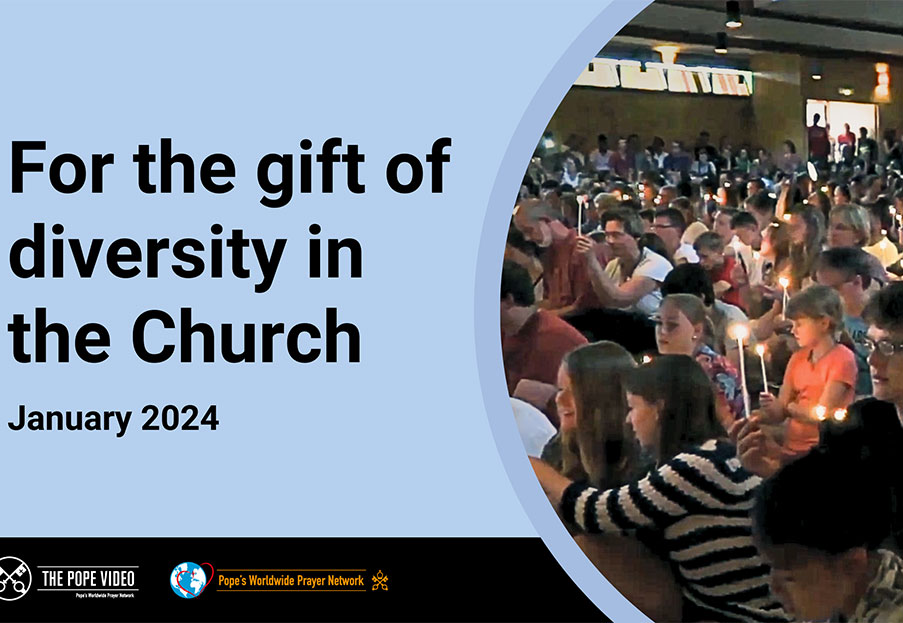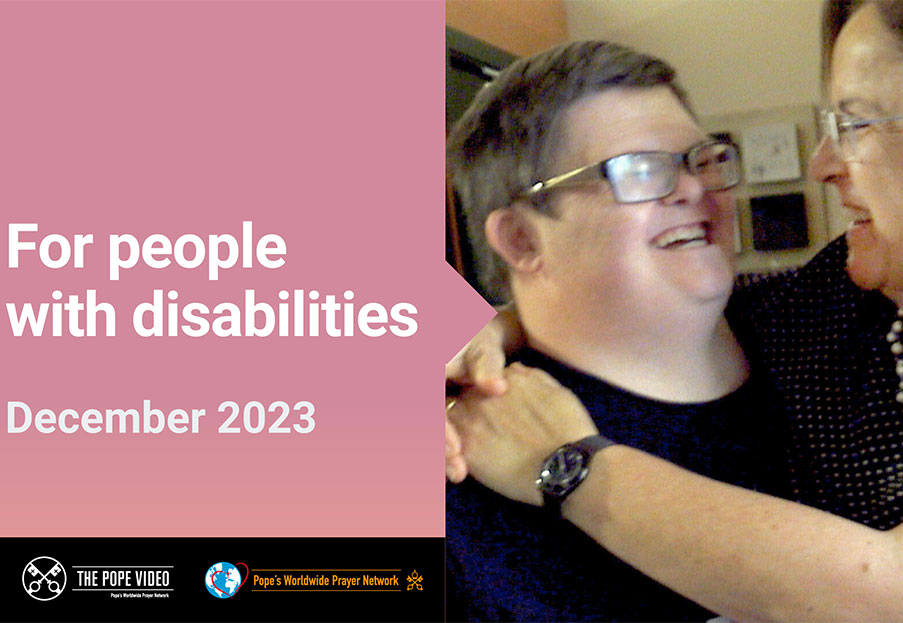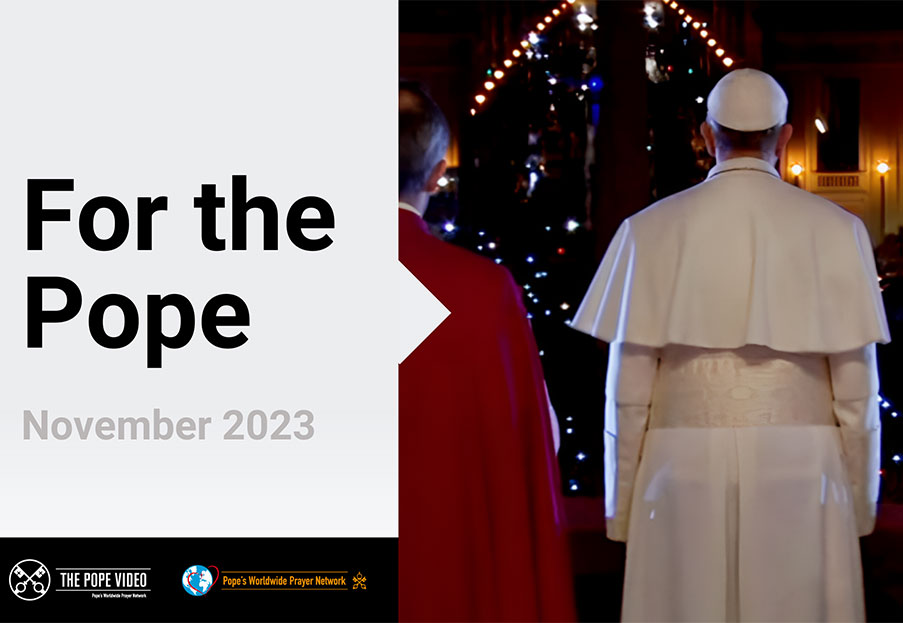The Good Samaritan: Life is full of journeys
A reflection on Fratelli tutti by James Hanvey, SJ
The parable of the Good Samaritan (Lk 10:25-37) frames Fratelli tutti (Chpt. 2). It invites us into the contemplative or reflective dimension of the letter.
This sort of prayerful contemplative approach is one that is used by St Ignatius in the Exercises. It makes the gospel a contemporary reality: the gospel re-reads and re-describes our experience and our world for us. As Jesus used the parable in his own time, so now in ours the Good Samaritan not only exposes the realities of our social wounds, it offers us a way of healing them. We are all persons in the parable.
Yet, it is so characteristic of Jesus in these great parables of redemption, he not only casts a light on the brokenness of our situation, he always opens the door for us to change. Each parable shows us the path to a better way of being and living: a new possibility, maybe one which we had thought was impossible. Indeed, it is the very encounter with Jesus that makes the new way possible; he breaks down all our determinisms, social as well as personal.
Life is full of journeys. There are journeys we make for business, others for duty, some for love and others for adventure. Sometimes the way is easy and filled with companionship; at others, it is difficult and lonely. We do not know why the man was going on the long road from Jerusalem to Jericho; we only meet him beaten, robbed and half-dead.
There appears to be an
implicit violence built into our relationships brought about by markets that
want us to compete against each other or consume products and the diminishing
natural resources that we all need to live. Not only does the media inform us,
it wants to control and manipulate us: we the consumers are ourselves consumed.
People themselves have become commodities to be trafficked. We are served by a
culture of individualism that constantly legitimates the priority of ‘me’ over
others.
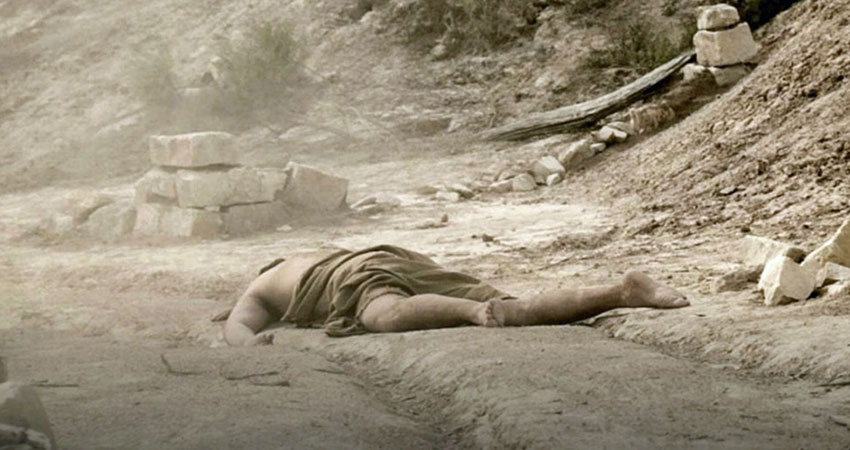
Of course, in the parable the man who has been beaten and robbed is not alone. A number of people pass him by. (...) And yet, astonishingly, someone did stop: a Samaritan. In doing so, he may well have put himself in danger, for in this part of the world he was the outsider, the one who was to be shunned. The Samaritan does not pause to do a risk assessment or make a calculation or check to see if he is covered by insurance. His response is immediate and unconditional; he can only see the urgency: a life hangs in the balance.
Something else also happens. Whatever form it takes, there is no way of describing the sense of isolation and loneliness that violence brings. All the carefully constructed securities that give us a sense of who we are are immediately destroyed. The Samaritan not only tends the physical wounds, but the deeper wounds to the sense of self. Without even saying a word, he says to the victim, you do have value and you are worthy of care. And if ever that was in doubt, look at how lavish is the care he provides, even looking ahead to his future needs.
The parable of the Good
Samaritan shows us that our society, our communities and relationships are not
permanently broken. We can restore them. And it can all begin with reaching out
to the other whoever they are, whatever state they are in. We can decide that
we will not let anyone, or any circumstance, diminish our humanity or the
humanity of another person.
